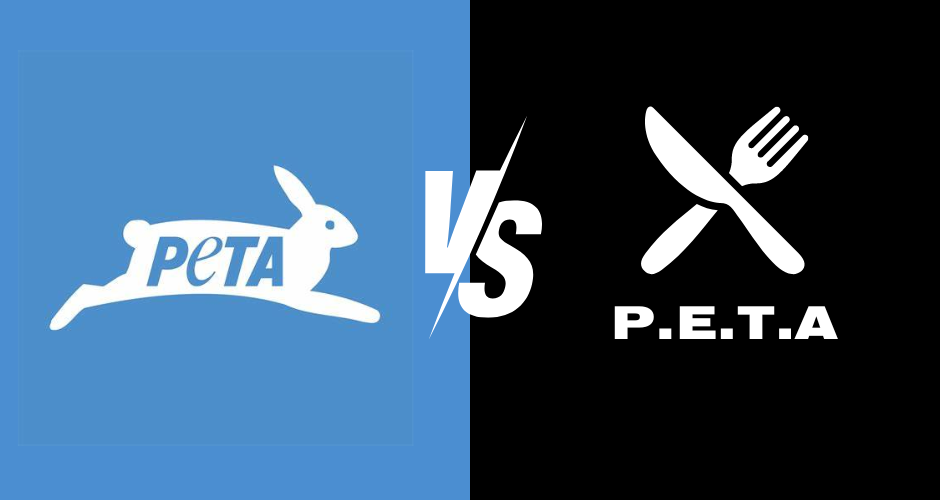The Domain Market
A domain is where your digital identity lives, serving as the foundation for your online presence. It’s more than just a web address; it’s the gateway through which customers connect with your business. However, while you may think your domain is truly yours, there are individuals known as cybersquatters who are waiting to exploit it for their own gain.
Cybersquatting, also known as domain squatting, involves the deceptive practice of impersonating well-known entities’ domains with the end goal of misleading users and profiting from their obliviousness. This can be done in several ways…
- Registering domains that are nearly identical or confusingly similar to well-known entities and profiting off of their brand. Whether it be through, malware, phishing, advertisements, counterfeit selling, etc.
- Monitoring the expiration of domains, acquiring them the moment they become available and ransoming them back to the owner at an unfair price.
- Anticipating the future demand of a domain and buying with the intent to sell it at an inflated price to the trademarked owner.

Combat Cybersquatters
If you’ve ever stumbled upon a website that seemed to misuse a famous brand or celebrity name, chances are you’ve encountered a cybersquatting site, whether you realized it or not. While this doesn’t seem like a huge issue, cyber squatters can negatively affect a business because they exploit the brand’s reputation, confuse customers, and divert traffic away from the legitimate website. This can lead to lost sales, damage to the brand’s reputation, and even legal complications if the cybersquatter engages in fraudulent or illegal activities under the guise of the brand. There are several protection acts in place to protect business owners and combat this issue.
- ACPA: trademark owners can sue cybersquatters for damages and seek to reclaim the domain names.
- UDRP: businesses can challenge and recover domain names that were registered in bad faith.
Cybersquatting Cases
- In 2003, a Canadian teenager named Mike Rowe registered the domain “MikeRoweSoft.com” for his web design business and traffic immediately started pouring into the website. Although the domain was not created with malicious intent, Microsoft deemed the domain too similar to its trademarked name and attempted to force Rowe to hand it over. The case gained widespread attention, ultimately resulting in a settlement where Rowe transferred the domain to Microsoft in exchange for various perks, including an Xbox console.

- PETA, which stands for People for the Ethical Treatment of Animals, is a nonprofit organization that operated a website with the domain name “PETA.org”. They faced an incident when a cybersquatter by the name of Michael Doughney bought the domain “PETA.com” directing users to a website with the tagline “People Eating Tasty Animals” a parody site directly opposing PETA’s mission and values.
- In response, PETA initiated legal action against Doughney. As a result, PETA now owns the domain “peta.com” and redirects visitors to their primary website, “peta.org,” thus ensuring that visitors are directed to the organization’s official platform and mission-aligned content.

Facebok.com
- In 2011, Facebook won a lawsuit against a cybersquatter who registered the domain name “Facebok.com” with a misspelling of the social media giant’s name. The domain was being used to redirect users to various unrelated websites filled with advertisements, users seeking the legitimate Facebook website were misled.
- Facebook has also participated in suing domain registrar’s for allowing customers to register domains that infringed on their trademark.

- Before the massive amount of popularity the app generated, two friends anticipated the success and bought the domain Tiktoks.com, using it to run a business that charged TikTok users to increase followers. TikTok made them a settlement offer of $145,000 which was rejected.
- In 2020 ByteDance (TikTok’s parent company) filed a lawsuit that resulted in the two friends having to transfer the domain, along with 4 other domains.

Double Check Domains
With this being said, if you are a domain owner, it is important to double check your expiration date, or implement domain protection to protect your online presence. If you are a user, be sure to always scan a domain for misspellings, or variations to make sure you are on the correct website.





